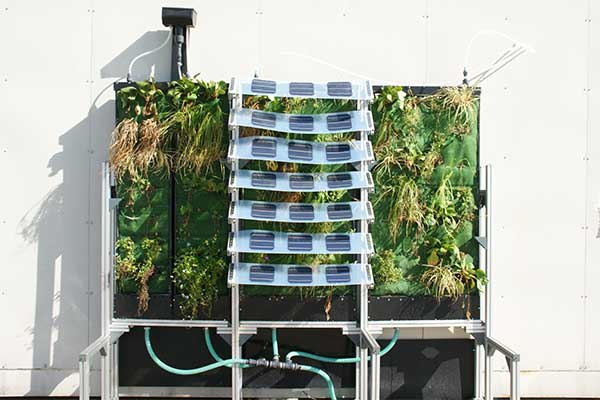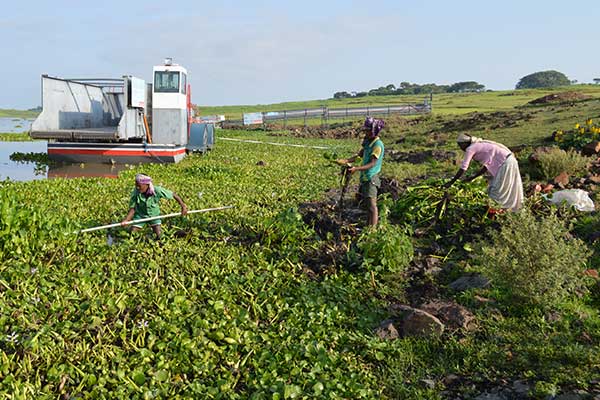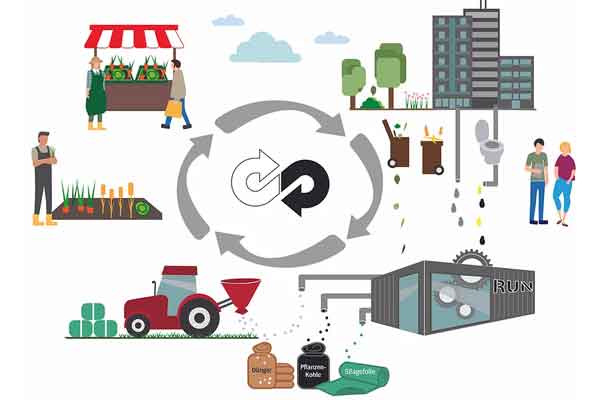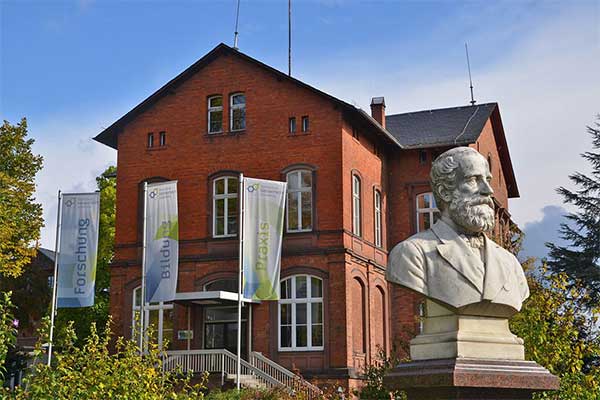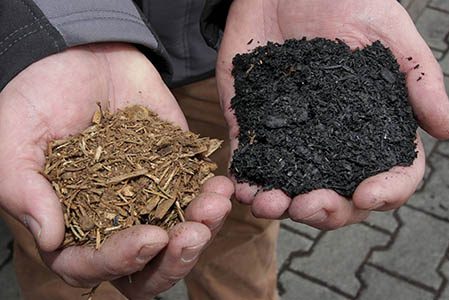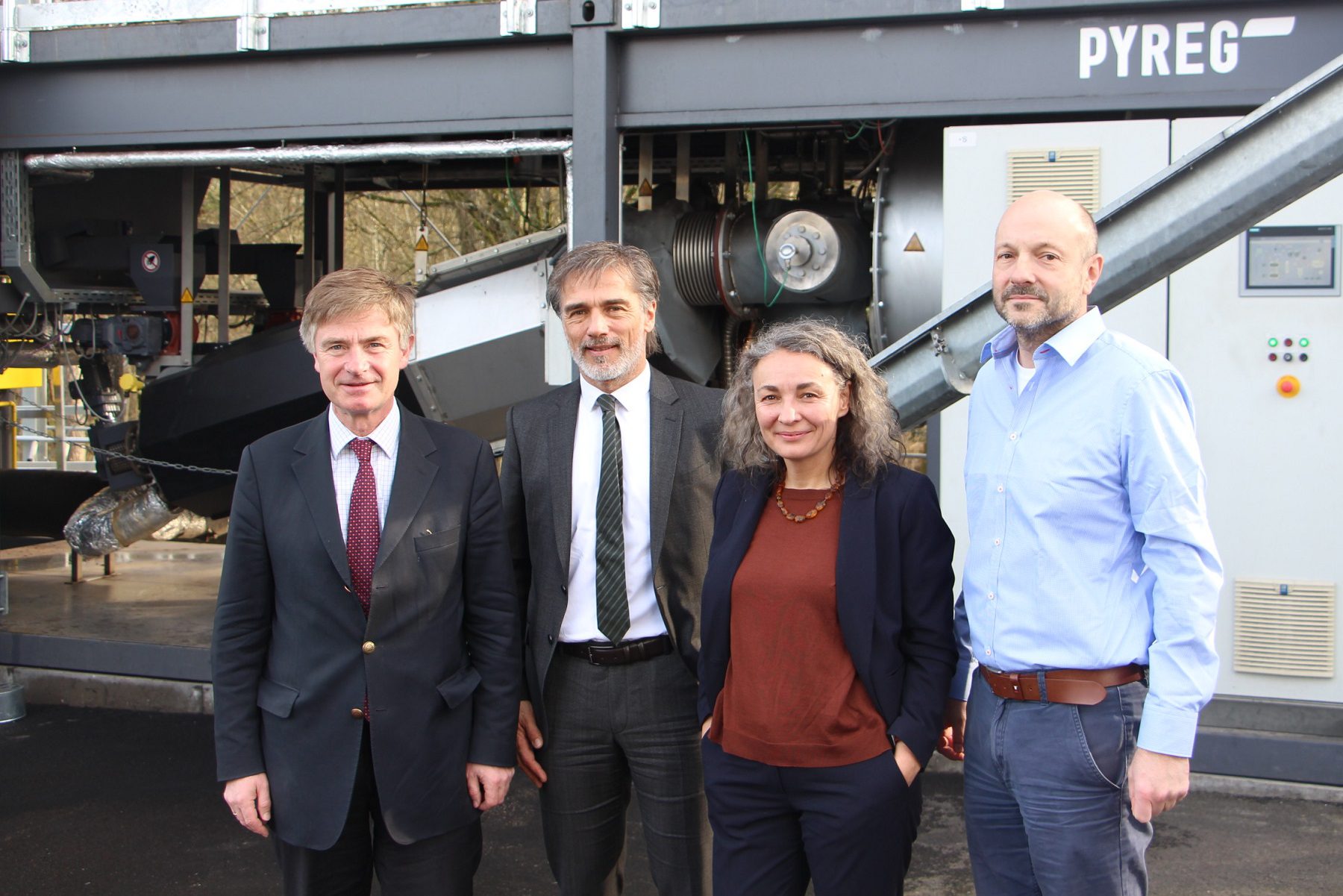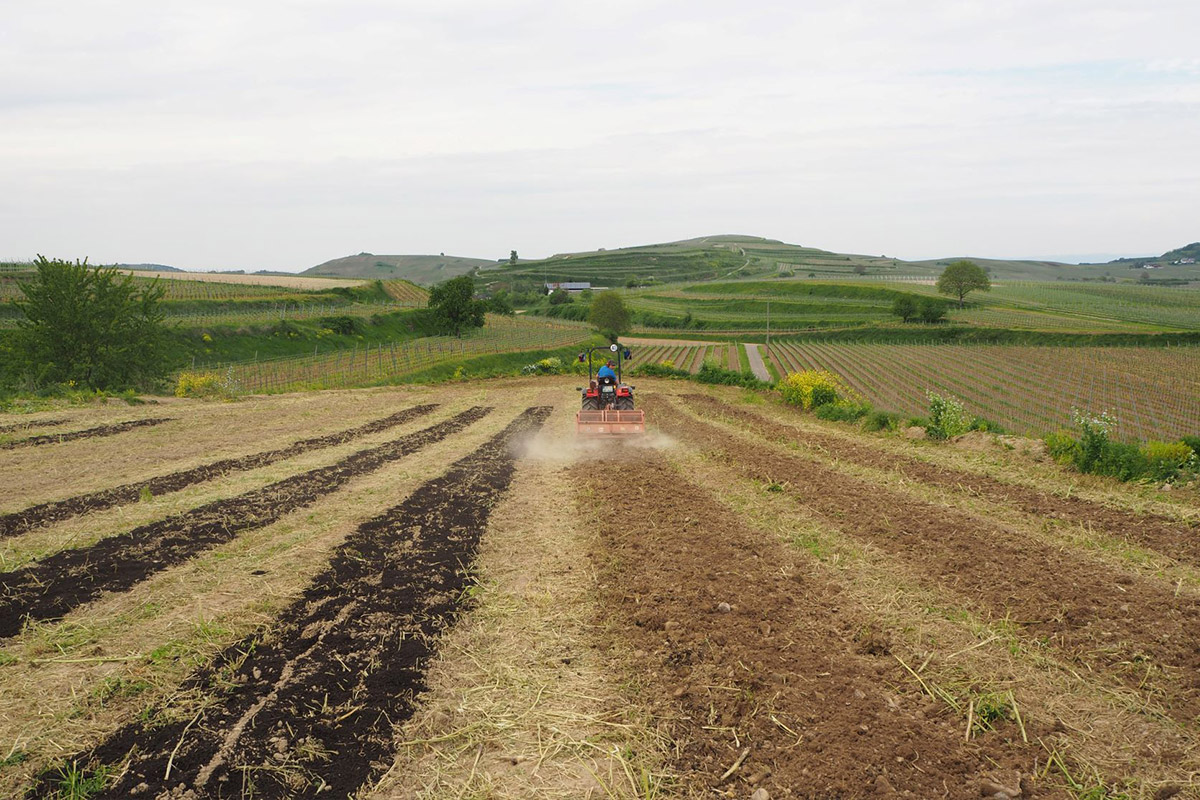Biochar–What is it all about?
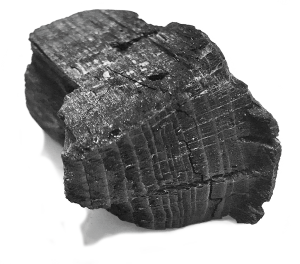
Applications of Biochar
While fossil coal is primarily used as a fuel, biochar is used as a solid additive for fertile soils, in animal husbandry, as a filter, and in many other applications. The carbon contained in biochar is permanently removed from the atmosphere – a significant opportunity in the fight against climate change.
Versatile in use, impressive in its impact
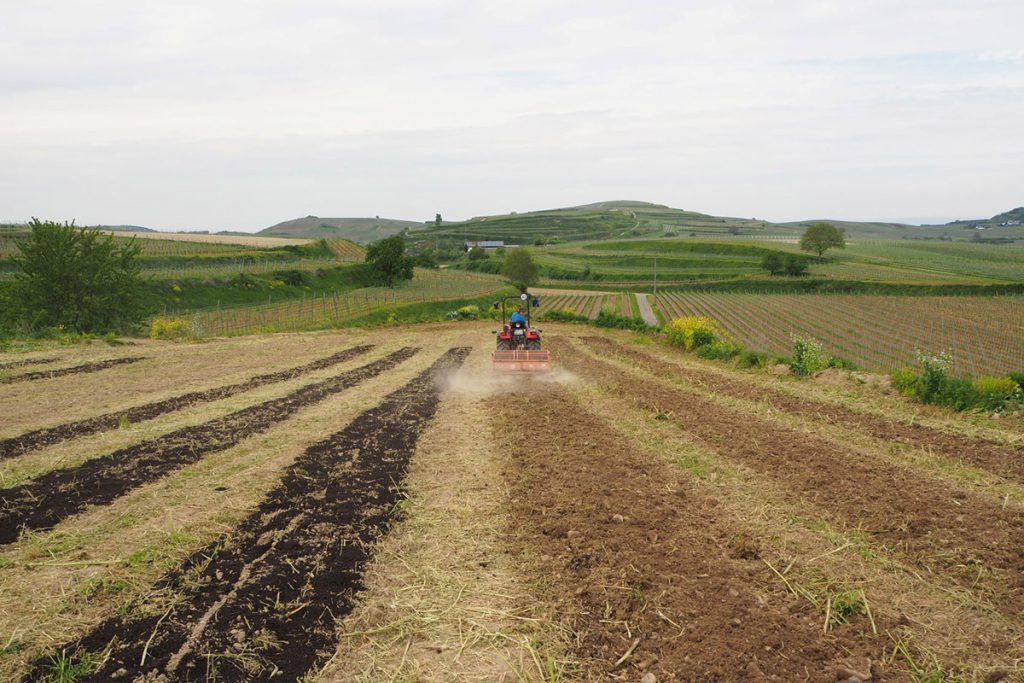
Agriculture
Example Applications: Fertilizer additive, feed supplement
Benefits/Potential: build up of soil organic matter, reduction of nitrous oxide emissions, groundwater & soil quality, (e.g., PFAS binding)
Additional Benefits: increased water retention capacity, soil fertility, preservation of biodiversity
First Projects in Germany: Large product portfolio available, EU: EIT-Food, Project Black to the Future

Urban Applications
Example Applications: City trees, Sponge city concepts
Benefits/Potential: Climate resilience, urban greenery, heavy rain management
Additional Benefits: Cooling effect, biodiversity, wastewater filtration
First Projects in Germany: Darmstadt, Magdeburg

Construction
Example Applications: Aggregate for asphalt, cement
Benefits/Potential: CO₂-neutral building materials, metallurgy (bridge technology for H₂)
Additional Benefits: Weight advantages, insulation properties, electrical conductivity
First Projects in Germany: Currently only in the Netherlands, Switzerland, Austria
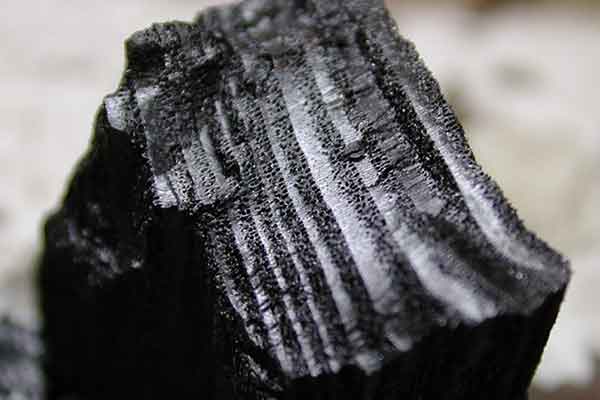
Industry
Example Applications: Biogenic carbons
Benefits/Potential: Replacement of fossil carbon, insetting Scope 3
Additional Benefits: Closing material cycles
First Projects in Germany: ThyssenKrupp RotheErde, Barry Callebaut
Production: Raw Materials and Technologies
Raw Materials
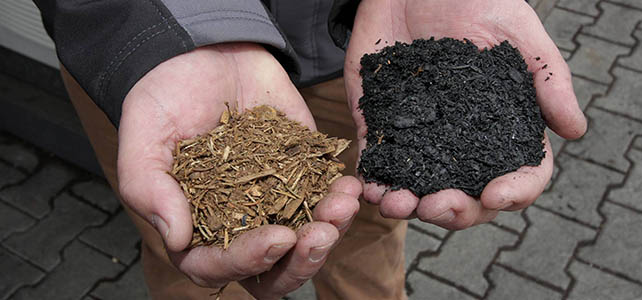
Technologies
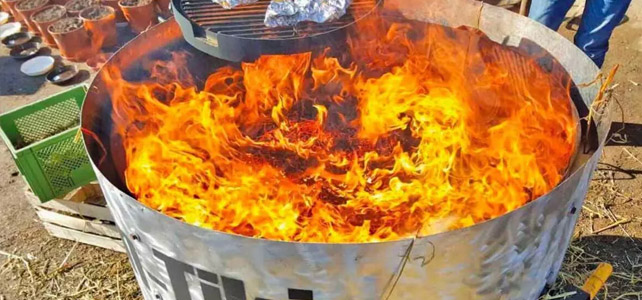
Manual Systems
Manual systems allow for the production of safe and high-quality biochar with relatively low investment, however, a certain level of expertise is required. Manual systems can be considered a bridging technology until more affordable, controlled pyrolysis plants become widely available.
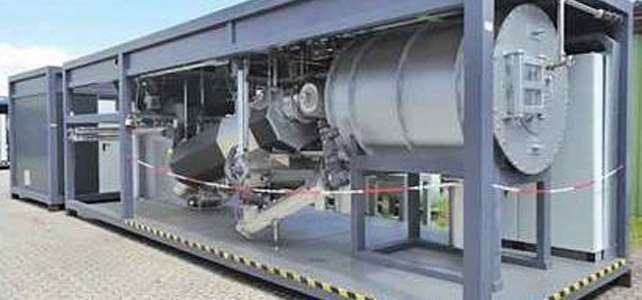
Industrial Production Systems
Automated large-scale systems are suitable for farmers, municipalities, and other biochar users at an industrial scale, requiring minimal labor. These systems are equipped with certified exhaust systems. The oils produced in these systems can be captured and either used as material or for energy production.
Biochar Certifications
German Biochar Guidelines for Biochar-Based Carbon Sink Certifications
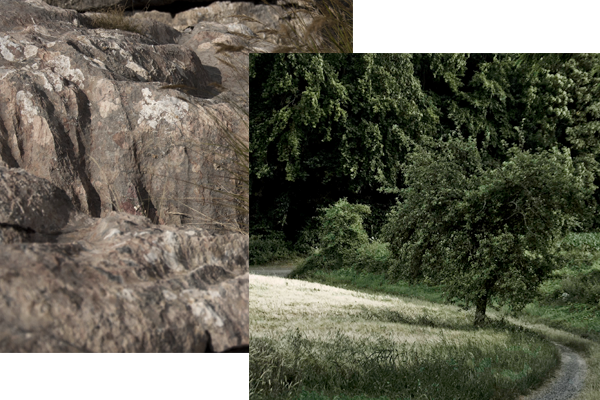
Pilot Projects
Project ideas related to biochar are as diverse as biochar itself. Whether it’s concepts for municipalities, agriculture, or wastewater treatment plants – we are always here to support members and partners with expertise and action.
Biochar Map
On our Biochar Map, you will find all institutional members and the locations of private members of German Biochar e.V.
By clicking on the  you can filter the map by companies and institutions, as well as their category (Manufacturers and Sellers, Other Consultants, Users, Partner Network, Institutes and Universities, Plant Manufacturers, German Biochar e.V., Other) or by the locations of private members.
you can filter the map by companies and institutions, as well as their category (Manufacturers and Sellers, Other Consultants, Users, Partner Network, Institutes and Universities, Plant Manufacturers, German Biochar e.V., Other) or by the locations of private members.
You are currently viewing a placeholder content from Google Maps. To access the actual content, click the button below. Please note that doing so will share data with third-party providers.
More InformationHistorical Background
2000 BC ⊙
